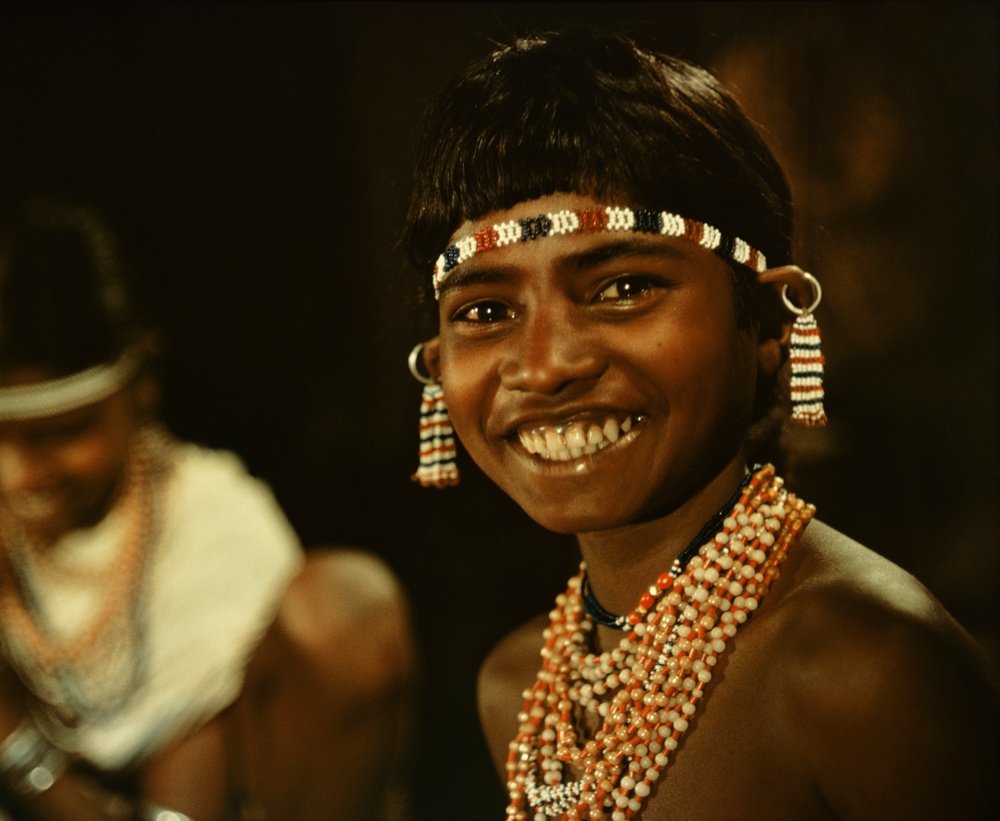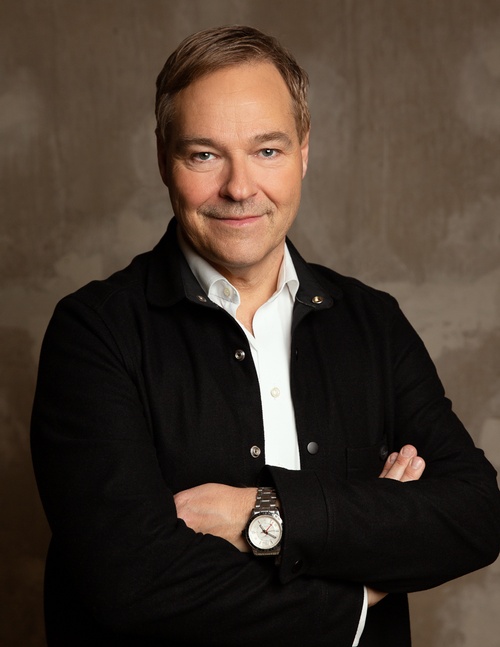Arne Sucksdorff’s films in Vienna
 Chendru in The Flute and the Arrow. Photo: Astrid Sucksdorff
Chendru in The Flute and the Arrow. Photo: Astrid SucksdorffArne Sucksdorff (1917-2001) is Sweden’s most prominent non-fiction filmmaker, directing 16 shorts and four feature-length films between 1940 and 1965. He was his own director of cinematography, and his œuvre is among the visually most striking in Swedish cinema. Arne Sucksdorff was the first Swedish director to win an Academy Award. Now his films are shown at the Austrian Film Museum in Vienna.
– The recognition of the work of Arne Sucksdorff is long overdue, says Jon Wengström of the Swedish Film Institute, who has curated the near-complete retrospective which opens at the Austrian Film Museum in Vienna on December 8th. Sucksdorff had a stunning eye for movement and details, and his films transcends the boundaries of documentary filmmaking. Though a master of short films rendering wild-life and nature, his best works may be the films depicting people in the city. We are very happy to present new digital restorations as well as 35mm prints struck from negatives of Sucksdorff’s films for the discerning audience in Vienna, and hope this will launch a wider and ever-growing interest in his work.
In his early films, the aim was not only to depict the interaction between man and nature but also to show how humans disturb and threaten the order of nature, and he moved away from the traditions of the documentary genre, gradually abandoning narration and commentary altogether, and staging and recreating milieus in the studio. His first claim to fame was Symphony of the City / Människor i stad for which he won an Academy Award in 1948, and several of his later films were awarded at the festivals in Cannes, Venice and Berlin.
Arne Sucksdorff’s first feature-length film, The Great Adventure / Det stora äventyret (1953), depicts two boys much happier in nature than in the world of grown-ups, and can be seen as a consummation of his early short films. His first colour film was the stunningly beautiful scope film The Flute and the Arrow / En djungelsaga (1957) shot on location in India. After returning to Sweden for The Boy in the Tree / Pojken i trädet (1961), his only attempt at fiction film, Sucksdorff settled down in Brazil where he later shot My Home Is Copacabana / Mitt hem är Copacabana (1965), depicting the life of street kids in Rio de Janeiro.
Part of the Arne Sucksdorff retrospective will be presented at Filmmuseum Düsseldorff in January 2023.
Under the Promoted Classics label we now present 180 titles, all digitally restored with English subtitles and available for screenings intenationally. See the full list here: Promoted Classics
For more info, please contact Jon Wengström, curator Swedish Film Institute: jon.wengström@filminstitutet.se or +46 8 665 11 24.
About The Swedish Film Institute
The Swedish Film Institute is a collective voice for film in Sweden, and a meeting-place for experiences and insights that elevate film on all levels. We preserve and make available Sweden’s film heritage, work to educate children and young people in film and moving images, support the production, distribution and screening of valuable film, and represent Swedish film internationally. A broad diversity of narratives establishes discussions and insights that strengthen the individual and our democracy. Together, we enable more people to create, experience and be enriched by film.
Contacts
